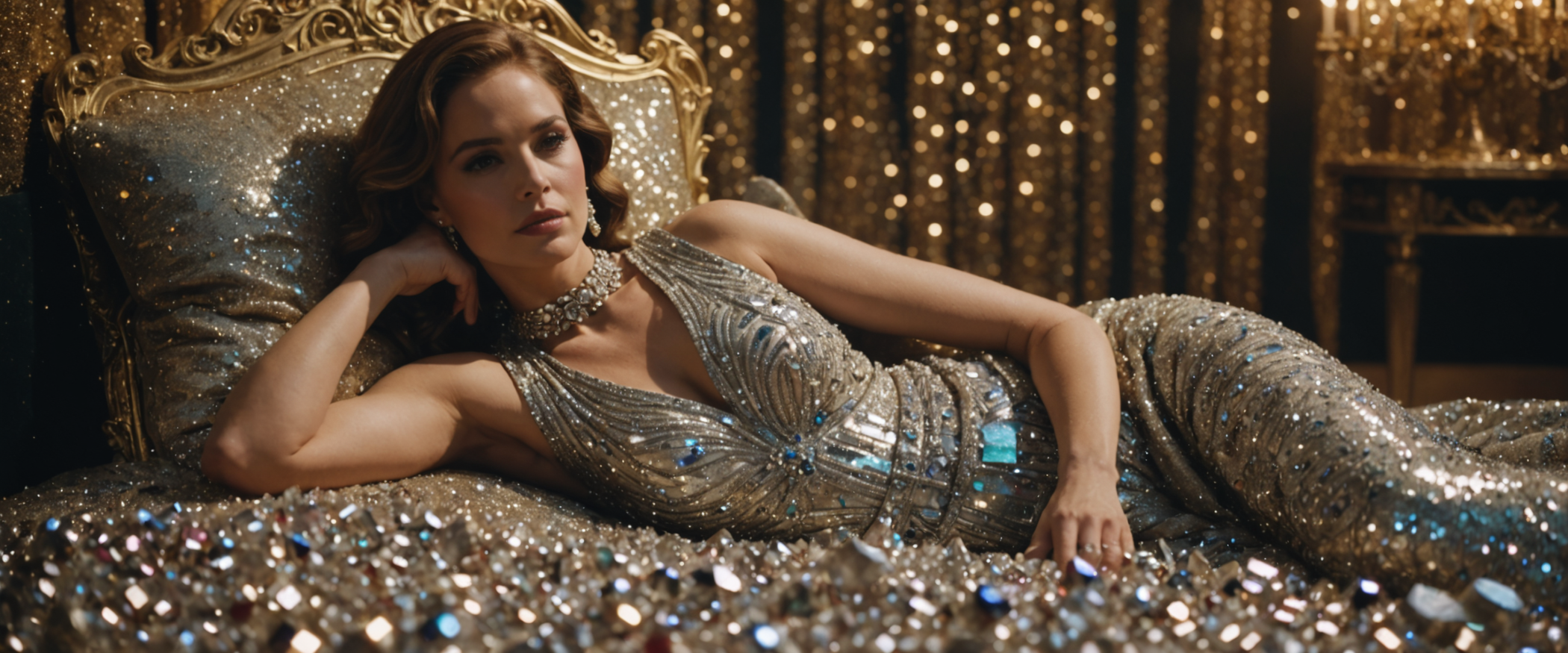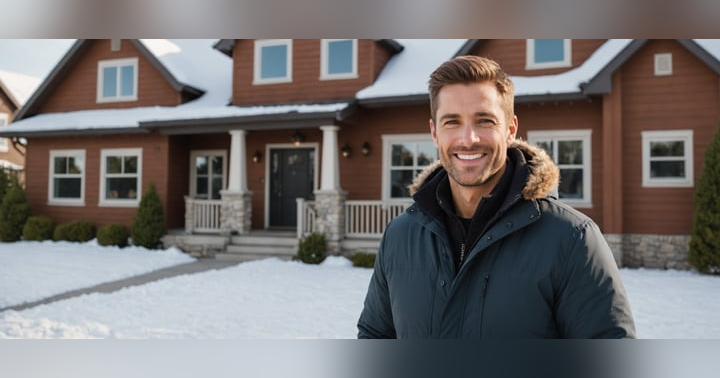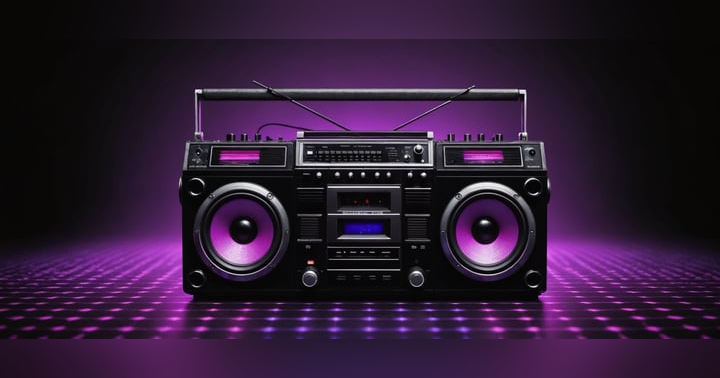Diamonds and Dollar Signs: Why Gay Men Love the Real Housewives

How The Real Housewives Captivate Queer Audiences
For many gay men, the Real Housewives franchise is far more than a guilty pleasure—it’s a cultural touchstone that reflects drama, glamour, and unapologetic chaos in ways uniquely resonant with queer audiences. The franchise offers camp escapism that resonates deeply within queer culture, mixing satire, melodrama, and authenticity in ways that mirror the queer experience of navigating identity and expression.
For Eric Praniewicz, a longtime Real Housewives fan, the series has embedded itself in queer pop culture through more than just its drama. What often starts as casual viewing can quickly grow into a deeper fascination, spanning multiple franchises from Atlanta to Salt Lake City. From viral catchphrases to live cabaret performances, the Real Housewives embody messiness, resilience, and joy—qualities that make them magnetic to queer audiences.
Glamour and Camp: Why Exaggerated Style Resonates with Gay Men
The Real Housewives franchise exists in a heightened reality. Extravagant homes, designer labels, and dinner parties that inevitably end in disaster—it’s all excess, all the time. For gay men, who often grow up navigating a world that pressures them to shrink themselves, this unapologetic largeness feels liberating.
The show leans into camp, an aesthetic sensibility long intertwined with queer culture. Watching a Housewife storm out of a room in full glam isn’t just drama; it’s performance art. It’s drag without the wigs and contour, a theater of high emotions and exaggerated femininity that resonates with queer viewers attuned to reading beneath the surface.
Strong Female Figures as Queer Mirrors
Gay men’s affinity for iconic women has deep roots, from Judy Garland to Cher to Madonna. The Real Housewives extends that lineage by showcasing women who are messy, resilient, and gloriously imperfect.
Many of these women face reinvention through divorces, bankruptcies, betrayals, and new career ventures. They’re knocked down, but they get back up with a new confessional look and a sharper one-liner. That arc of survival and reinvention parallels queer experiences of carving out identity in a world that often resists it.
Catharsis Through Controlled Chaos
A central appeal lies in catharsis. Many gay men grew up in environments where emotions had to be managed, concealed, or muted. On The Real Housewives, emotions are fully expressed: glasses are thrown, accusations exchanged, and friendships are fractured—only to be reconciled later.
This dramatic intensity serves a purpose beyond entertainment, providing viewers with a model for experiencing the full spectrum of emotion—anger, desire, ambition, pettiness, and joy. Observing women unapologetically claim space for their feelings can offer a form of secondhand liberation.
Relatable Drama Beneath the Glitter
At first glance, it may seem strange to describe The Real Housewives as relatable, given that most cast members reside in multimillion-dollar homes. But beneath the designer handbags and cosmetic enhancements, the storylines reflect experiences familiar to many, including family tensions, friendship and romantic betrayals, and the hustle for success.
These are universal challenges, and presenting them through a heightened, often campy lens allows viewers both to process them with distance and to find humor in the drama.
Community Currency
Finally, The Real Housewives functions as a form of social cohesion. Similar to quoting Mean Girls in the early 2000s or RuPaul’s Drag Race today, familiarity with the franchise’s lore serves as cultural currency. Asking a gay man about his favorite Housewife can instantly spark conversation, signaling shared knowledge and insider understanding. Beyond mere entertainment, the series operates as a cultural shorthand, enabling queer individuals to connect, form bonds, and cultivate community.
Beyond Reality TV: Reflection, Escapism, and Identity
The Real Housewives franchise may be packaged as entertainment, but for many gay men, it reflects something deeper than drama and taglines. Each city offers its own ecosystem of personalities—ambitious professionals, devoted parents, creative spirits, and unapologetic party girls—mirroring the diversity of identities within the gay community. Watching these women navigate friendships, conflict, success, and failure provides both escapism and a mirror of possibility.
Whether it’s the glamour, chaos, or resilience, the Real Housewives remind viewers that identity is multifaceted and evolving. For gay men, the franchise is more than reality TV. It’s a celebration of self-expression, a reflection of queer experiences, and a reminder that authenticity, even amid drama, is what keeps life grounded.
And remember: every day is all we have, so you've got to make your own happiness.
For more information on this topic, listen to Episode 168. Real Housewives of Pennsylvania (with Eric Praniewicz).
Tune into your favorite podcast player every Tuesday for new episodes of A Jaded Gay.


















